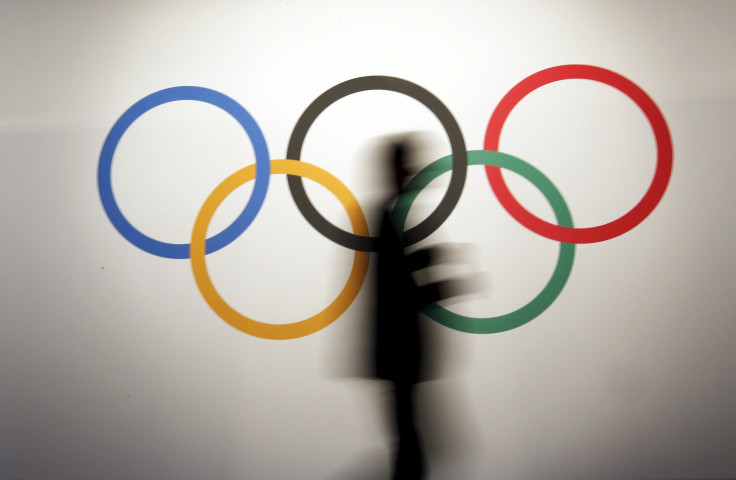US Anti-Doping Chief Unaware Of Americans In Damaging Report

WASHINGTON (Reuters) - A "thorough and aggressive review" needs to be done to protect clean athletes from "gangsters" after a blockbuster report surfaced alleging widespread doping in athletics, the head of the U.S. Anti-Doping Agency (USADA) said on Sunday.
Britain's Sunday Times newspaper and Germany's ARD/WDR broadcaster said they had obtained the secret data from the global athletics governing body, the IAAF, showing that endurance runners suspected of doping have been winning a third of Olympic and world championship medals.
USADA Chief Executive Travis Tygart said he was unaware of any American involvement in the report but was disturbed by the allegations overall.
"A thorough and aggressive review of all that evidence needs to be had to ensure that clean athletes' rights are protected," he told Reuters in a telephone interview. "This is more evidence of what many of us already suspected."
The data was shown by the news organizations to two experts, who determined distance running was in the same state as cycling had been when Lance Armstrong ruled seven Tour de France but later was stripped of his titles for doping.
Tygart said his group aggressively pushed the World Anti-Doping Agency (WADA) "to open an investigation several months ago into prior allegations about doping in Russia."
"Now it's in WADA's hands to do the right thing and hopefully give confidence to clean athletes around the world that these gangsters are not going to hijack sport and violate the right of clean athletes," he said.
WADA, a separate body set up in 1999 to coordinate doping investigations across global sport, said it was "very disturbed" about the report and would investigate the allegations quickly.
Robin Parisotto and another scientist, Michael Ashendon, concluded in the Sunday Times report that more than 800 athletes had recorded one or more "abnormal" results, defined as a result that had less than one chance in 100 of being natural. The data was obtained after a leak of thousands of blood test results from 2001-2012.
Those athletes accounted for 146 medals at top events, including 55 golds, the Sunday Times said.
Russia accounted for 415 abnormal tests, followed distantly by Ukraine, Morocco, Spain, Kenya, Turkey and others. Kenya, a power in distance running, accounted for 18 of the medals won by athletes with suspicious results, The Sunday Times said.
The jaw-dropping report, leaked by a whistleblower, emerged just three weeks before the world athletics championships in Beijing. Tygart said doping in sport is "fundamentally unfair."
"If there are countries involved in a systemic level, serious questions have to be asked about their ongoing participation," he said. "Clean athletes deserve to have their rights protected at the highest levels in global competition."
Russia won 15 medals at the Vancouver Olympics in 2010 and 33 at the Sochi Games four years later. Tygart said the report "confirms, once again, what we thought and believed."
"You can go from the poor results in Vancouver to almost domination by Russian athletes and see a deliberate decision - obviously higher up than just a few individual athletes based on the evidence we've seen," Tygart said.
"We're hopeful that WADA ... will uncover it to the extent that they're able to and hopefully once and for all hold countries and sport federations accountable."
© Copyright Thomson Reuters 2024. All rights reserved.





















